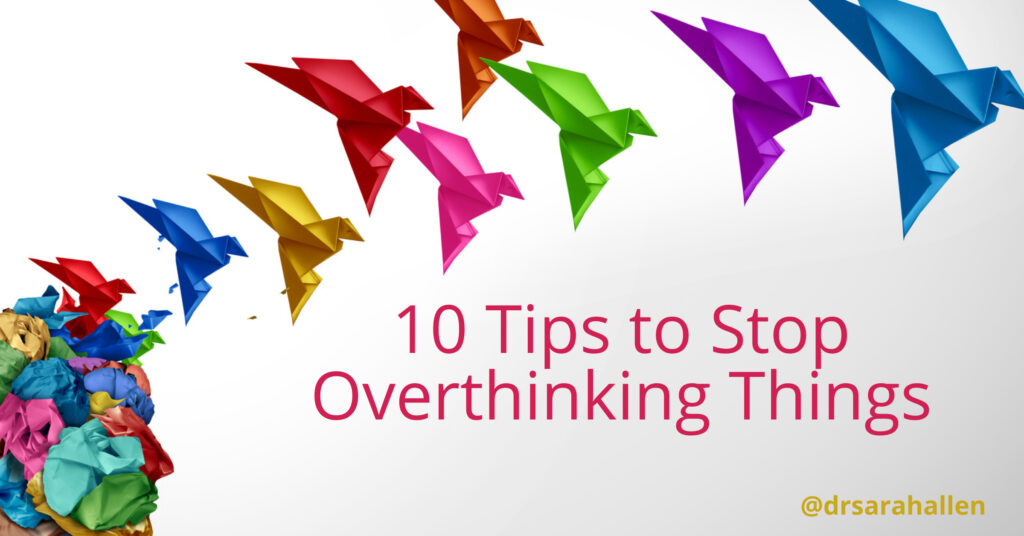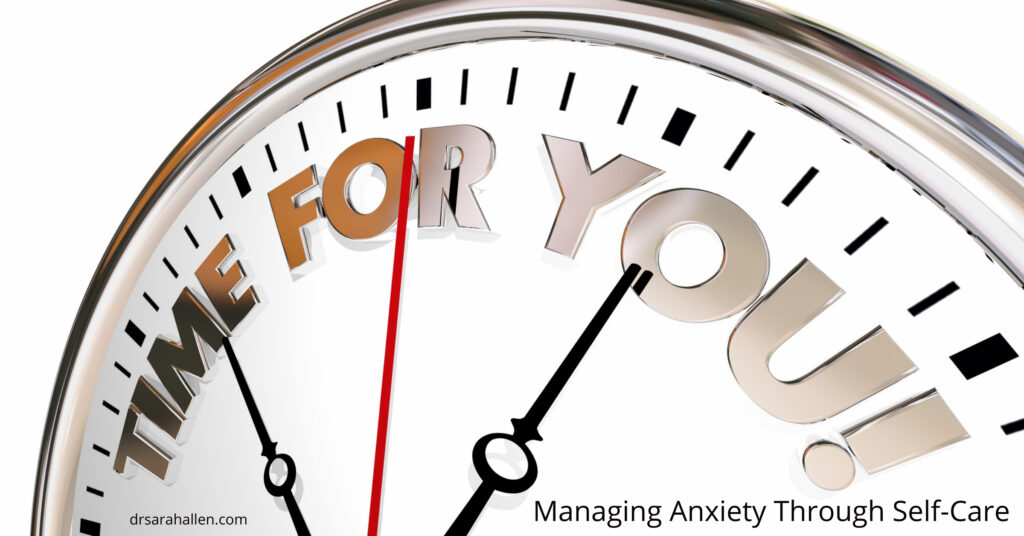
As the New Year approaches, many of us start thinking about resolutions and what changes we want to make. Setting New Year’s resolutions can be a great way to boost your mental health but we all know that New Year’s resolutions rarely last. So instead, use this new year as a way to set goals that enrich life rather than resolutions that you know you are unlikely to be able to keep up. Goals provide focus, a sense of direction, and the motivation to improve various aspects of our lives and we can also look to psychological research to help make our goal’s work!
The Psychology Behind New Year’s Resolutions
New Year’s resolutions often feel like a ritual—a fresh start, a chance to reset our lives and focus on what really matters. Each year, millions of people make a promise to themselves to eat healthier, save more, exercise consistently, or finally tackle that big, intimidating goal. But what drives this annual tradition? And more importantly, why do so many of these resolutions fizzle out by February?
Understanding the psychology behind New Year’s resolutions can help you set intentions that stick—and approach them with compassion, not pressure.
At the heart of every New Year’s resolution is a desire for change. Psychologically, we’re hardwired to seek improvement and new beginnings. Here are a few reasons why resolutions feel so compelling:
1. The “Fresh Start” Effect
There’s something magical about the start of a new year. Psychologists call this phenomenon the “temporal landmark”—a moment in time that feels like a clear division between the old and the new. Just like starting a new week or celebrating a birthday, the New Year provides a psychological clean slate.
This fresh start effect motivates us because it helps separate our past self (and habits) from our present and future self. It’s easier to believe, “This year, I can be better,” when we see January 1st as a pivotal moment.
2. The Desire for Self-Improvement
Self-improvement is deeply ingrained in human nature. Resolutions symbolize hope, growth, and progress. They give us a sense of control over our lives—an empowering antidote to the uncertainty many of us feel. Writing down or committing to a resolution can help you feel capable of creating positive change, even when life feels overwhelming.
3. Social and Cultural Influence
From childhood, many of us are exposed to the idea of New Year’s resolutions as a social norm. Friends and family share their goals, influencers post motivational challenges, and the culture around self-betterment becomes hard to ignore in January. This collective momentum often inspires us to jump on board.
Why Do Resolutions Fail?
Despite the best intentions, research shows that around 64% of people abandon their resolutions within a month. If that sounds familiar, don’t be discouraged. There’s no shame in struggling—change is hard. Here are a few psychological factors that challenge our ability to stick with resolutions:
1. Unrealistic Expectations
One of the most common pitfalls is aiming too high. For example, deciding to lose 30 pounds in a month or go to the gym six days a week when you haven’t exercised in a year sets you up for frustration. Unrealistic goals can quickly lead to burnout or feelings of failure.
2. Lack of Specificity
Vague resolutions like “get healthier” or “be more productive” make it hard to track progress or identify what success looks like. Your brain needs clarity to stay motivated—without it, your goals can feel overwhelming and directionless.
3. All-or-Nothing Thinking
This mindset can sabotage progress. You might think, “I skipped my workout today, so I’ve already failed,” or “I broke my diet once, so it’s pointless to keep going.” This perfectionist approach ignores the importance of consistency and forgiveness in building lasting habits.
4. The Power of Habit
Breaking old habits and forming new ones takes time. Neuroscience tells us that creating lasting change involves rewiring the brain—a process that requires consistent effort, patience, and resilience. Resolutions often fail because we underestimate the time and energy needed to shift ingrained behaviors.
Why Goal Setting Is A Better Way To Make Lasting Changes
Goal setting is a powerful tool for improving mental health. It helps to create structure, making it easier to manage stress and anxiety. When you set clear, attainable goals, you give yourself a roadmap for success. This can boost your self-confidence and provide a sense of accomplishment. Achieving goals, even small ones, releases positive chemicals in your brain, like dopamine, which can improve your mood and overall mental well-being.
Research supports the benefits of goal setting for mental health. A study by Oscarsson et al. (2020) found that approach-oriented goals are more successful than avoidance-oriented goals. Approach-oriented goals focus on positive actions you want to start, such as exercising more or practicing mindfulness or improving your sleep routine. In contrast, avoidance-oriented goals focus on stopping negative behaviors, like not eating junk food. The study showed that people who set approach-oriented goals were more likely to succeed, which highlights the importance of focusing on positive changes.
Effective goal setting can make a significant difference to both your physical and mental health. By using positive, achievable goals, you can create a sense of progress and fulfillment. This helps in building resilience, improving mood, and reducing stress.
With the right strategies and mindset, sticking to resolutions is entirely possible. Here are some approaches backed by psychology to help you succeed.
1. Focus on Small, Achievable Goals
Instead of striving for drastic change, start with manageable, realistic steps. For example, if fitness is your goal, commit to walking 10 minutes a day instead of signing up for an advanced boot camp class right away. Small wins build momentum and confidence.
2. Set SMART Goals
Make your resolutions using the SMART goals technique. SMART stands for Specific, Measurable, Achievable, Relevant, and Time-bound. These elements help to create clear and reachable goals. Using “Mindfulness” as an example we can see how SMART works:
– Specific: Clearly define what you want to achieve. Avoid vague terms like “feel better.” Instead, aim for “practice mindfulness for 10 minutes daily.”
– Measurable: Set a way to track your progress. For example, track the number of days you meditate or the hours of sleep you get.
– Achievable: Your goals should be realistic. If you are super busy, don’t aim to meditate for an hour each day. Start with 5-10 minutes.
– Relevant: Ensure your goals fit your mental health needs. If you struggle with stress, a goal like learning a relaxation technique is more relevant than aiming to run a marathon.
– Time-bound: Set a time frame for your goals. This could be a week, a month, or even a year. Setting deadlines helps keep you focused and motivated.
3. Track Your Progress
Psychologists emphasize the motivational power of seeing tangible progress. Use a journal, habit tracker, or app to monitor how far you’ve come. Reflecting on your wins—even small ones—can keep you inspired when motivation wanes.
4. Practice Self-Compassion
New habits are not formed overnight, and setbacks are a normal part of the process. Give yourself grace when things don’t go as planned. Remember, self-kindness leads to greater resilience, while self-criticism can derail progress. Expecting setbacks to happen is also vital. Nobody is perfect, and small setbacks are part of the process. Learn from them and adjust your approach rather than giving up entirely.
5. Find Accountability
Sharing your goals with a friend, family member, or community can boost your chances of success. According to psychology research, social support increases motivation and provides encouragement when the path feels difficult. Sharing your goals with friends and family can provide support and encouragement.
6. Celebrate Progress, Not Perfection
Here’s the truth about New Year’s resolutions—they’re not about being perfect. Their purpose isn’t to punish your past self or demand impossible change. They’re about growth, learning, and allowing yourself to dream. The process of working toward a resolution—even imperfectly—teaches you more about yourself, your strengths, and how you face challenges.
Whether or not you achieve your goal exactly as planned, the effort you put in is worth celebrating. Growth takes courage, commitment, and belief in a brighter future—all of which you’re practicing when you take back the reins and set an intention for the year ahead.
10 New Year’s Goals That Focus On Improving Your Mental Health
As discussed in the SMART goals section, setting specific goals can greatly boost your mental health. Here are ten attainable and beneficial goals to consider:
1. Prioritize Self Care: Regular self-care activities like taking a bath, reading, or walking can help reduce stress. Set a SMART goal of dedicating 30 minutes daily to self-care.
2. Practice Self Compassion: Being kind to yourself can improve your self-esteem. Aim to replace negative self-talk with positive affirmations at least once per day.
3. Cultivate Gratitude: Gratitude can enhance your mood. Keep a journal and write down three things you are grateful for each day.
4. Learn a Relaxation Technique: Techniques like deep breathing or meditation can reduce anxiety. Try deep breathing exercises for 5 minutes every morning.
5. Journal to Process Emotions: Journaling can help you understand your feelings. Set a goal to write in your journal for 10 minutes each night.
6. Set Aside Time for a Hobby: Hobbies provide joy and a sense of accomplishment. Schedule 2 hours a week for activities you love.
7. Limit Screen Time: Excessive screen time can negatively impact mental health. Try to limit screen time to two hours per evening and take breaks.
8. Schedule a Social Activity: Social connections are crucial for mental health. Plan to meet a friend or family member once a week.
9. Volunteer: Helping others can boost your mood and sense of purpose. Aim to volunteer at a local charity once a month.
10. Seek Professional Support: If you feel overwhelmed, don’t hesitate to seek professional help. Make a goal to attend at least one counseling session this month. For those seeking counseling in Northbrook, throughout Illinois, Florida & the UK, Dr. Sarah Allen is here to help. Contact us today for professional guidance tailored to your needs. Start your New Year with the support you deserve.
So, what’s your next step? Take a breath, start small, and move forward—one day at a time. If you’ve been looking for a sign to start again, this is it. You’re capable, you’re resilient, and your goals are within reach. Go for it!
New Year’s resolutions are not about perfection or achieving impossible goals. They are about growth and learning about ourselves. By setting achievable goals, practicing self-compassion, finding accountability, and celebrating progress along the way, we can make meaningful changes in our lives. So take a deep breath and start small – you have everything you need to succeed within you. Cheers to becoming the best version of ourselves in 2025. Happy New Year! You’ve got this!

If you have any questions, or would like to set up an appointment to work with me and learn how to reduce anxiety, please contact me at 847 791-7722 or on the form below.
If you would like to read more about me and my areas of specialty, please visit Dr. Sarah Allen Bio.
Dr. Allen’s professional license only allows her to work with clients who live in IL & FL & the UK and unfortunately does not allow her to give personalized advice via email to people who are not her clients.
Dr. Allen sees clients in person in her Northbrook, IL office or remotely via video or phone.

What Can I Read That Helps Me While I Am Waiting For My First Appointment With Sarah?
Download this free booklet to gain valuable insights and practical strategies for managing anxiety and worrying.































